Seth Perlman/AP. Myth 1: Seeds from GMOs are sterile. No, they'll germinate and grow just like any other plant. This idea presumably has its roots in a real genetic modification (dubbed the.. Genetically modified (GM) seeds have had relevant impacts on worldwide agriculture, even with a limited number of essential traits launched in the markets. The focus on platforms crops has favored the combination of traditional breeding, GM insertion, and diffusion in agriculture. One of the remarkable features of the GM traits has been the close link with pest and weed control systems. We.
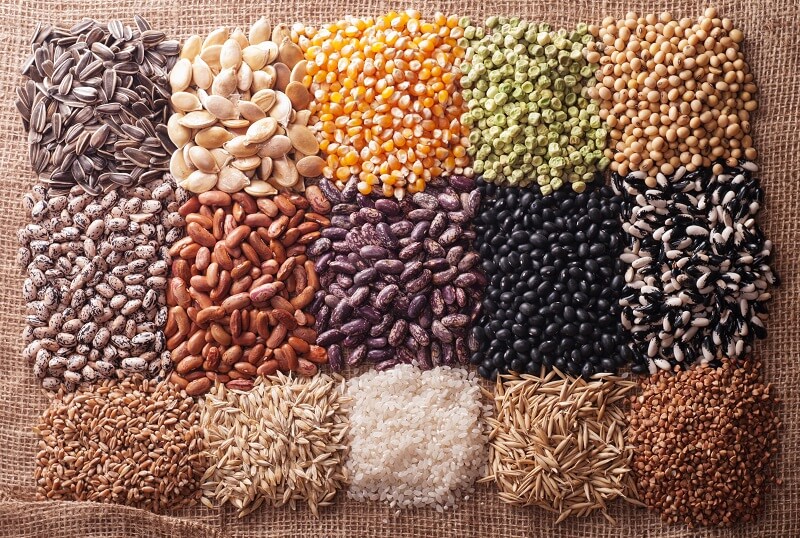
"Hybridization is not modification" — And other scientifically suspect antiGMO sayings

DNS WHAT ARE MODIFIED SEEDS YouTube
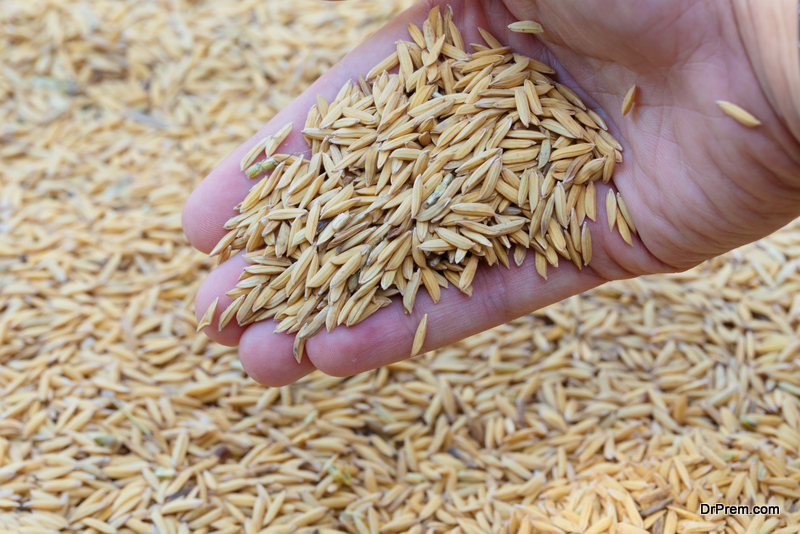
What is the future of modified food?
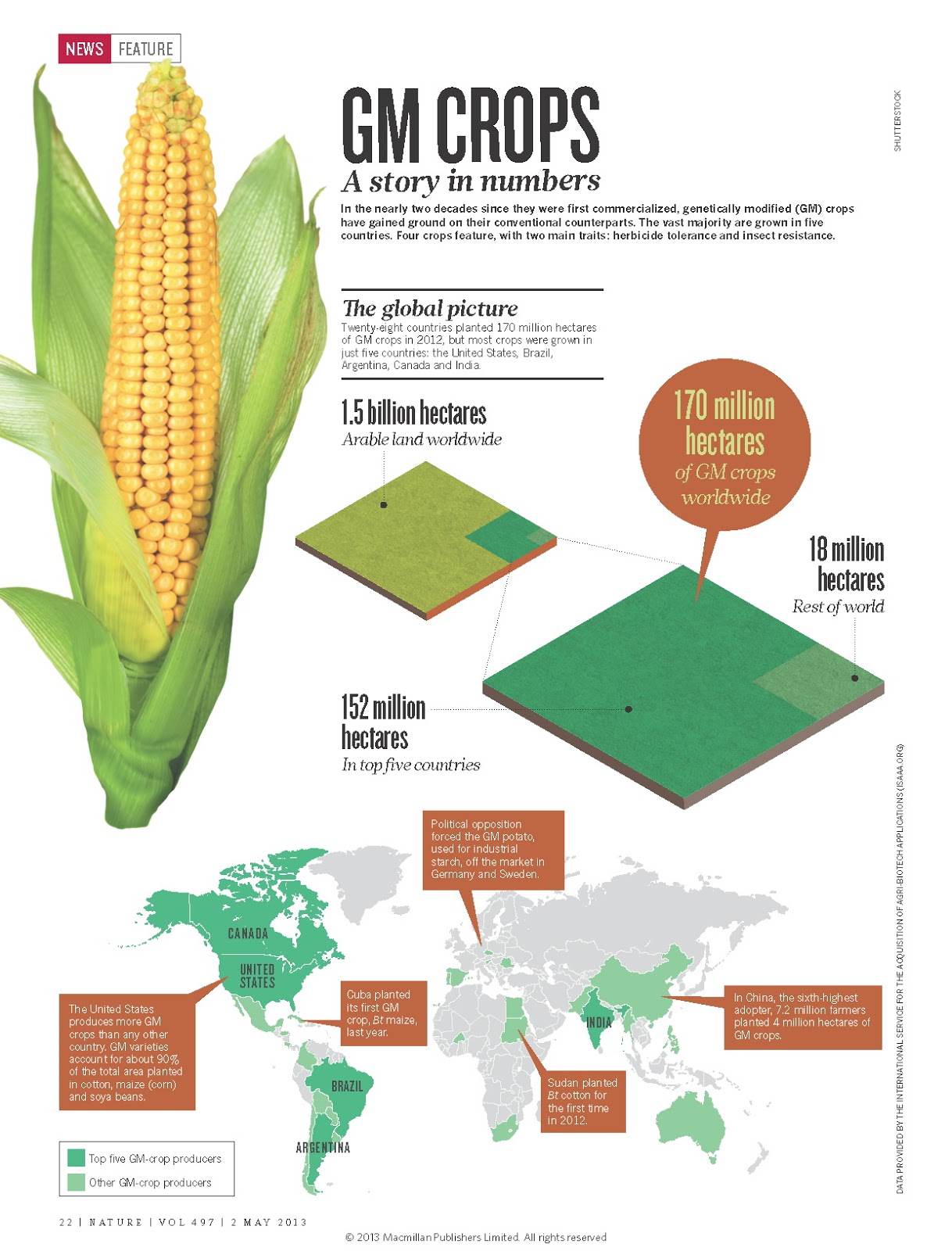
Achieving Proficiency Modified Crops
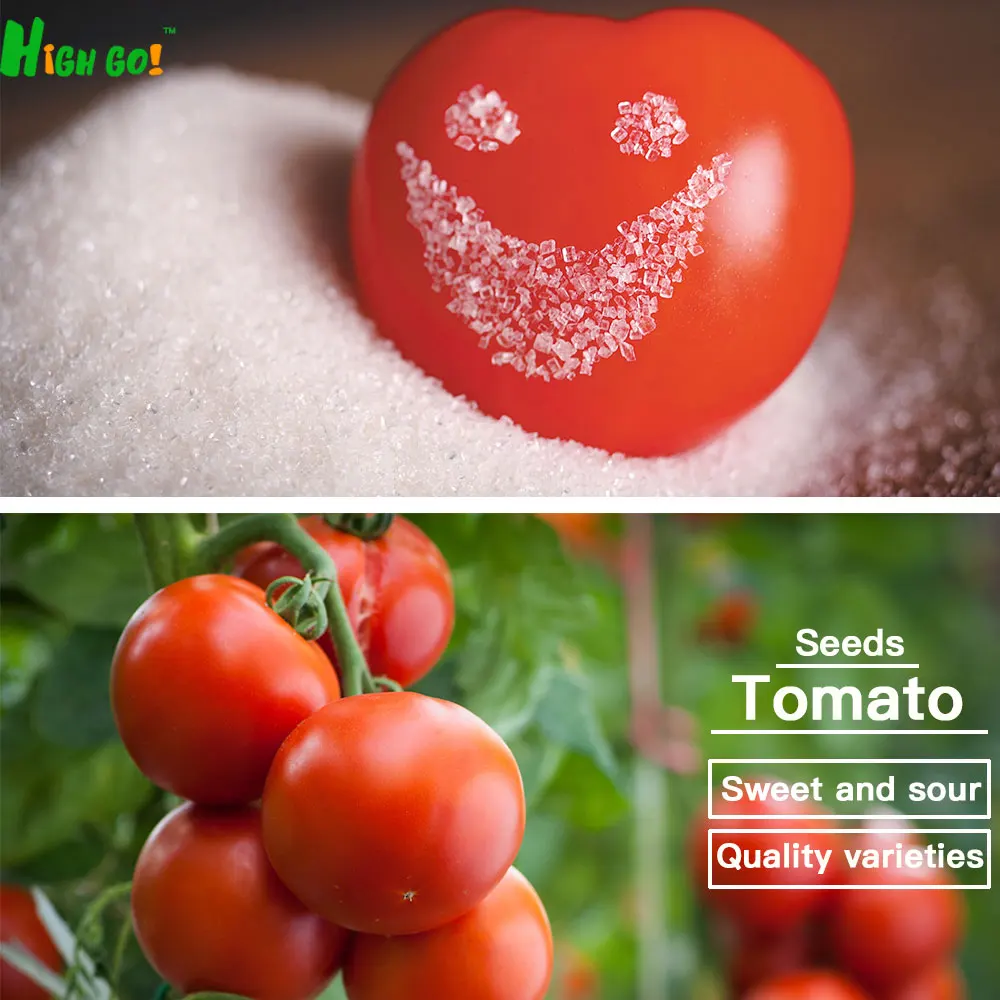
New Varieties Of Tomato Seed Quality Non Modified Seeds Healthy Fruit And Vegetables

What are Modified Crops & how are they made, Comparison with Conventional Breeding

Organic Vegetables untreated, seeds Organic vegetables, Organic

The Difference Between Hybrid & GMO Seeds in 2020 (With images) Heirloom seeds, Growing
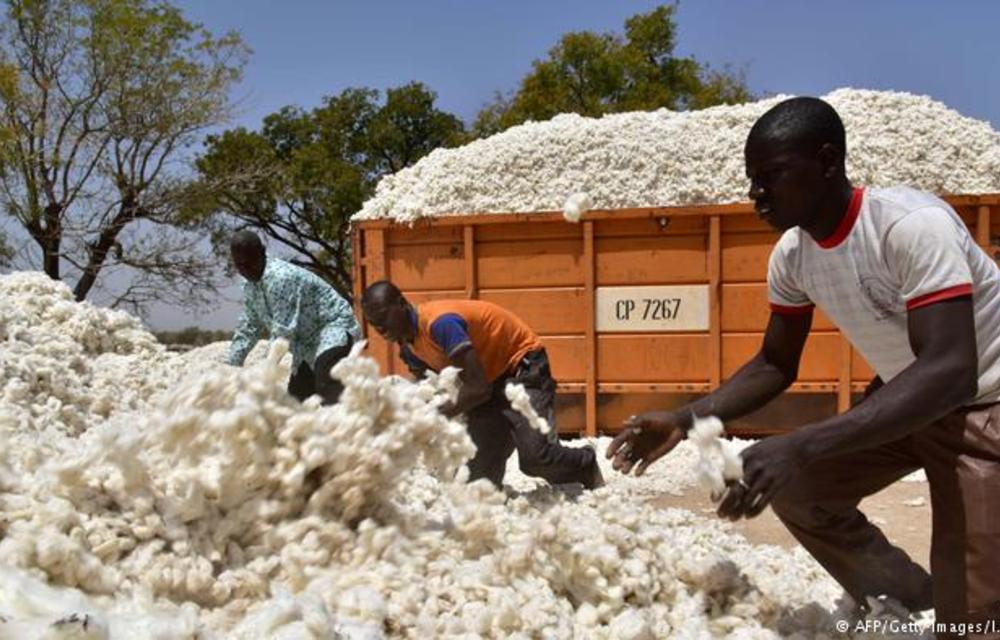
Resistance to modified seeds in Africa The Mail & Guardian
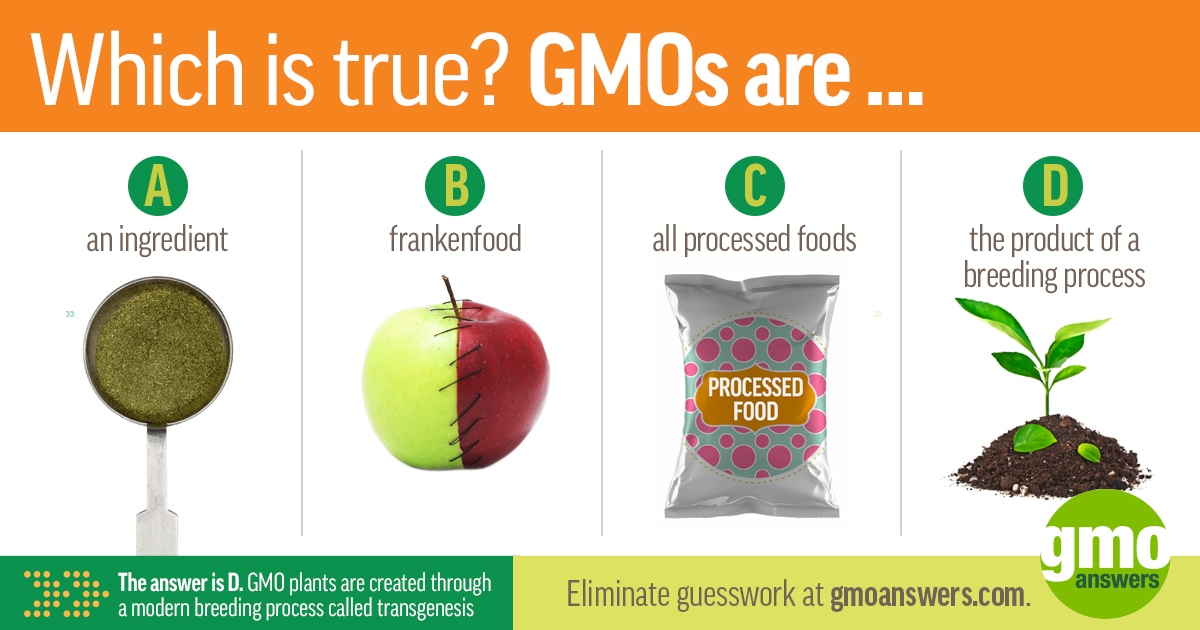
🐈 Difference between organic and gmo. GMO vs. Organic. 20221101
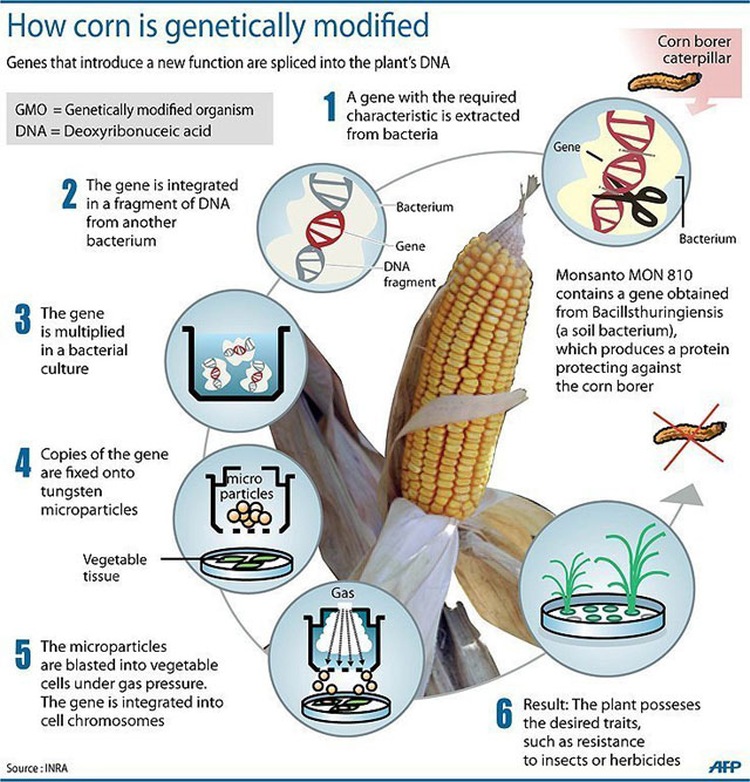
GMO Food information you will not find in mainstream media
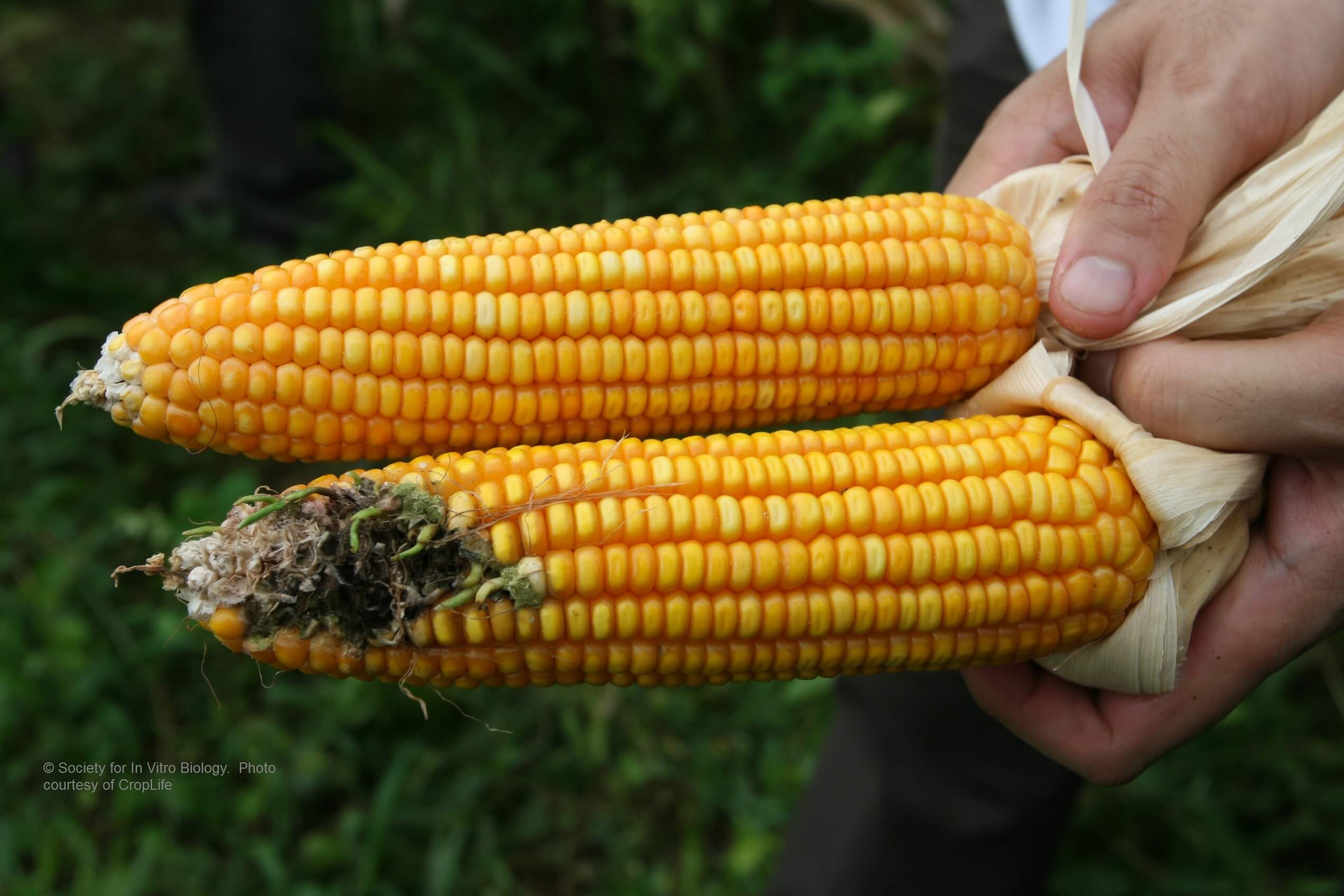
What does GMO corn look like? Literacy Project
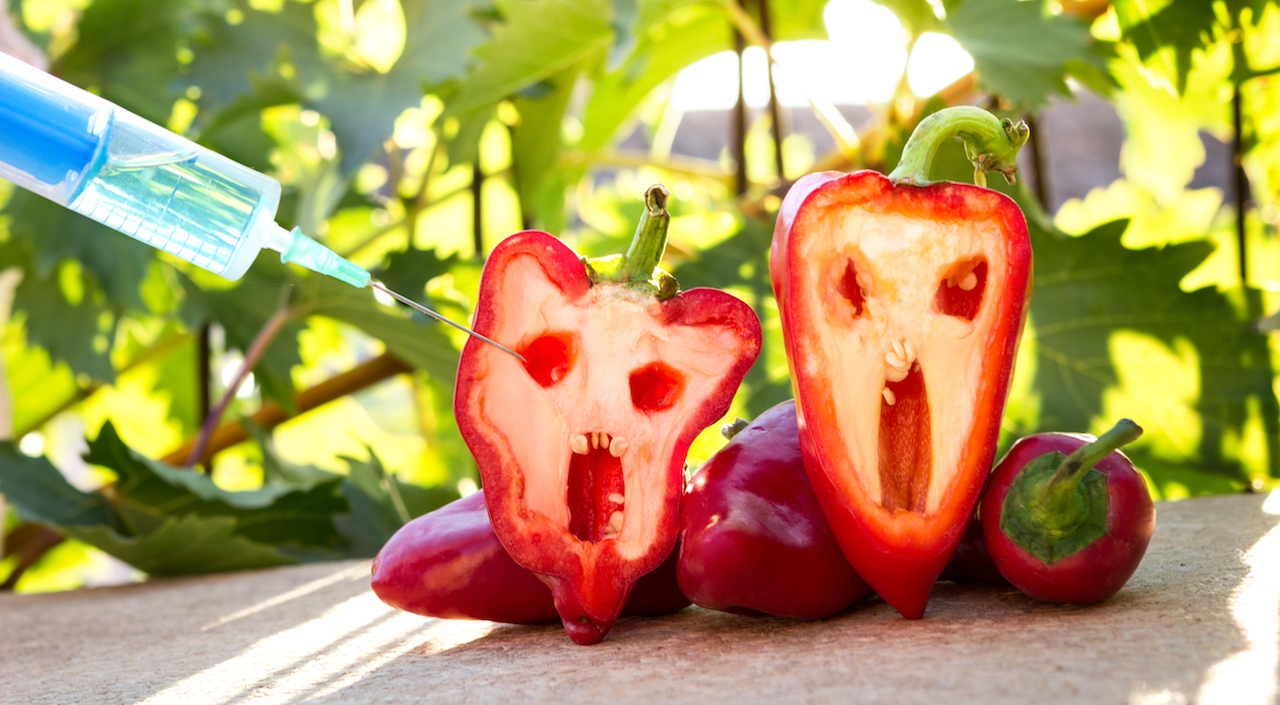
Reasons to Avoid Modified Foods (GMF) THE OFFICIAL ANDREASCY News to the core
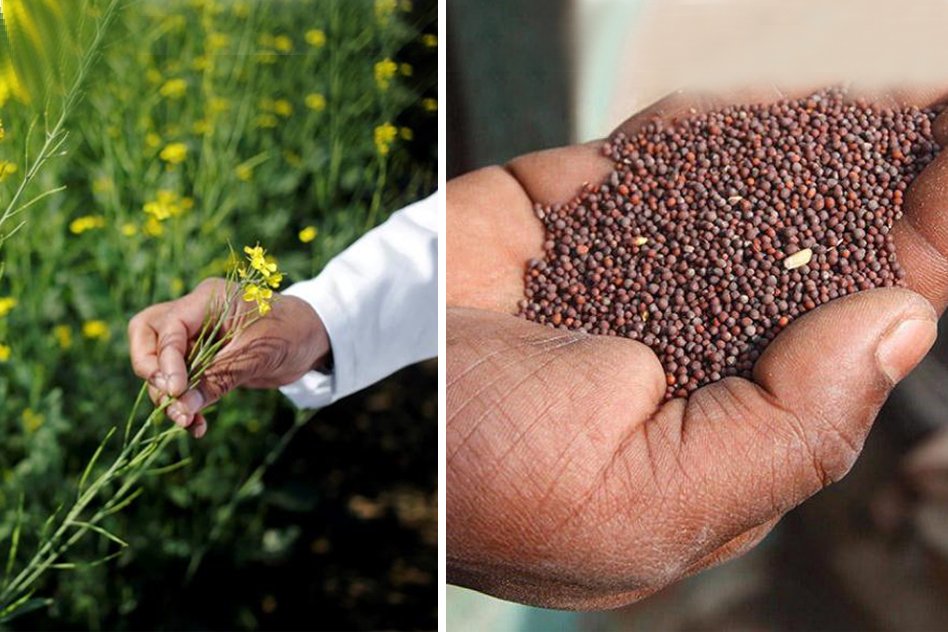
Modified Mustard Crops Awaiting Govt Approval To Be Grown Commercially In India

Modified (GMO) Seeds Market Set To See Strong Growth by 2030 Breaking Bad

Are GMO's Really That Harmful? Article by Guide To Organics

modified seeds stock image. Image of background 165714565
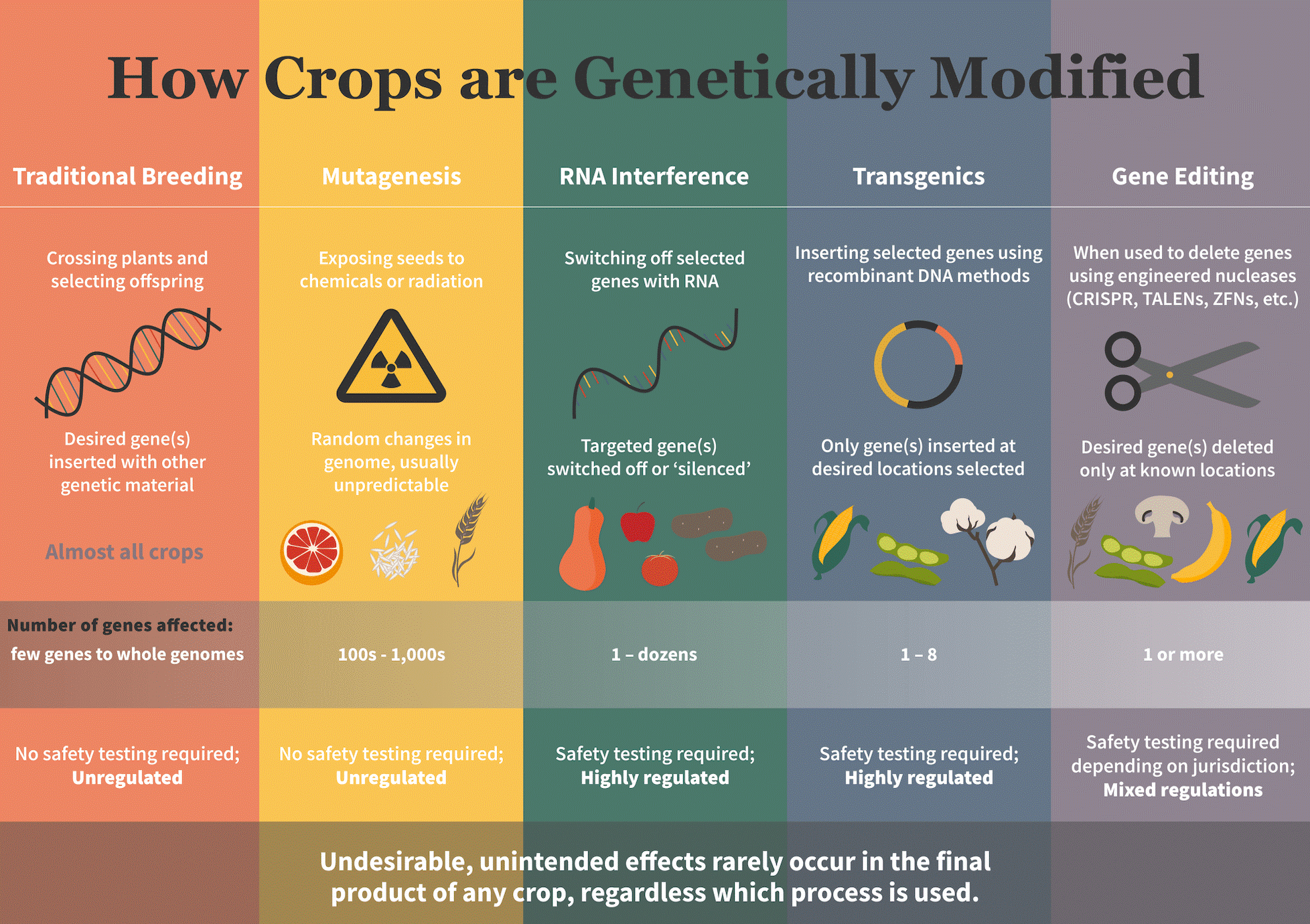
The Truth Behind How We Create GMOs Daily Infographic

5 Easy Ways to Avoid Modified Organisms (GMO's) at the Grocery Store Grass Fed Girl
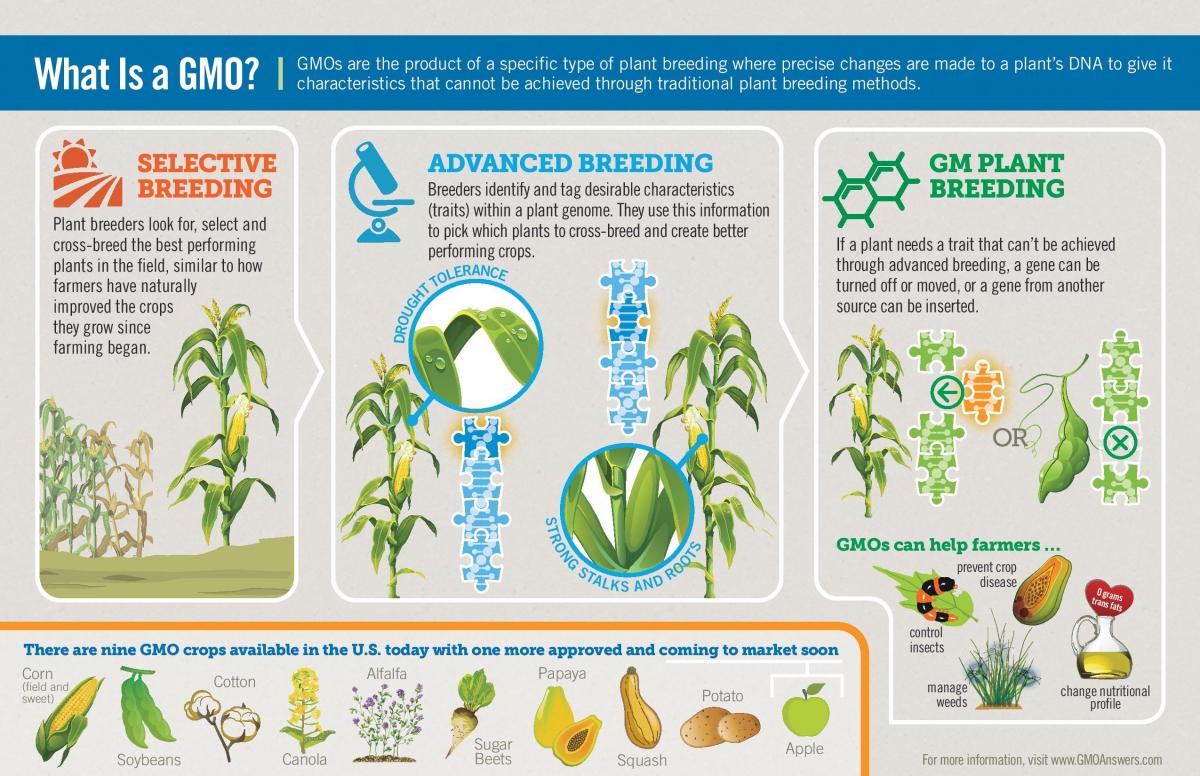
GM crops and how long does it take to produse the dna to fuse with the crop to make it less
Although most crops currently being cultivated have not been genetically engineered in a lab, all domesticated crops have been altered from their wild ancestors. During the 10,000-year history of agriculture, farmers gradually modified their crops by saving and planting the seeds of plants that produced the juiciest fruit or the.. That, they say, could jeopardize the $9-billion organic sector, which must meet strict criteria — and ensure produce is not from genetically modified seeds — in order to use the organic label.